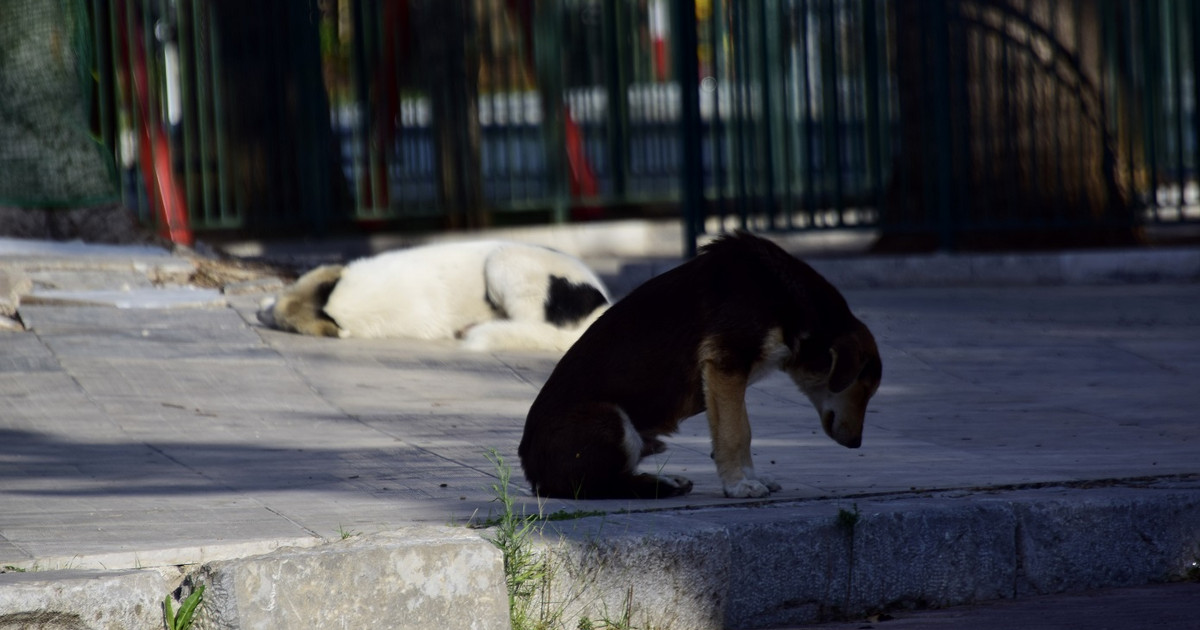The Swiss mountain sanatoriums, whose treatments with fresh air and sunlight once attracted patients with tuberculosis from all over Europe, find themselves “again” due to a coronavirus.
In the beginning pandemic, the Klinik Wald, built in the mountains of Zurich in 1898 for low-income victims of lung disease, received many patients directly from intensive care units.
Now, more victims of the so-called “long COVID” are coming for rehabilitation and cover 5-10% of its 158 beds, said Dr. Mark Spielmans, director of medical services at the clinic.
It is part of a long development for the 19th and 20th century Swiss sanatoriums, a dozen of which became modern rehabilitation hospitals as part of an ongoing battle to stay in the game.
Spielmans said normal recovery could be achieved anywhere, but the Klinik Wald scenery overlooking Lake Zurich and the Alps could offer an extra break. Patients recover from COVID-19 on sunny terraces where TB patients rested decades ago.
“They are really tired,” Spielmans said. “This environment helps them get back on track.”

Prolonged COVID includes not only breathing difficulties and fatigue, but also anxiety and depression. The World Health Organization fears it could burden health systems for years to come.
The United States primarily uses outpatient treatment for long-term COVID rehabilitation.
While Switzerland and neighboring Germany offer similar outpatient programs, also sending some patients with long COVIDs for several weeks of inpatient treatment, sometimes to health centers such as Wald, which were established a century ago.
A four to six week stay at Klinik Wald costs around 17,000-25,000 Swiss francs. In most cases, Switzerland’s private health insurance system covers the costs, the federal health ministry said, adding that “services must be efficient, appropriate and economical.”
In April, a Swiss army officer was admitted to the Hochgebirgsklinik, a former sanatorium for tuberculosis in the Swiss mountain town of Davos. The “cognitive fog” that accompanied the long COVID made him unable to work, he said.
The testimonies of patients who underwent coronavirus are shocking
“THE coronavirus “He took a small part of my lungs and a large part of my brain,” said the 56-year-old officer, who asked not to be named, according to the Athens News Agency.
After six weeks of treatment, in body and soul, he is preparing to return home. “You need this time to get out of the system; to get back to yourself,” the officer said.
As the virus SARS-CoV-2 Dr. Hans-Werner Dutzna, chief pulmonologist at Hochgebirgsklinik, said that cardiologists, trained therapists and psychologists work together for a simple purpose.
“We try to bring the patient back into his / her daily life,” the pulmonologist stressed.

In the Italian Alps, a huge sanatorium turned into a 3,000-bed hospital in Sondalo, built in 1932 by dictator Benito Mussolini to compete with the Davos sanatorium industry, provided care for 100 long-term COVID patients. there.
In Germany, patients with long-term COVID can go to rehabilitation centers such as the Median Klinik in Heilingedham, a 230-year-old Baltic spa that was once popular with the European aristocracy. The stay lasts 3-5 weeks, a spokeswoman said, with insurance usually covered by the state.
Britain, meanwhile, has earmarked 34 34m for the launch of 83 long-term COVID clinics for ‘community-based treatment services’, providing relief for fatigue and respiratory problems.
Dr Melissa Heitmann, a member of the National Health System (NHS) Long Covid Task Force, said internal therapy “would not be an affordable model”, with hundreds of thousands of long-term COVID patients in Britain potentially in need of help.
Similarly, Dr. Alberto Escenazi, a board member of the American Association of Medical Rehabilitation Providers (AMRPA), with 650 members, said patients with long-term COVIDs in need of rehabilitation can expect outpatient treatment.
The results so far have been encouraging, he said.
“With this intervention, focusing on strength, endurance, balance and concentration, they tend to do well,” said Eskenazi, chief of medical services at MossRehap Rehabilitation Center in Philadelphia.
Davos once boasted that it had 40 tuberculosis sanatoriums for wealthy Europeans whose long stay inspired German author Thomas Mann in the novel The Magic Mountain.
Some of the Swiss sanatoriums became hotels
But when antibiotics mastered tuberculosis in the 1950s, some Swiss sanatoriums such as the famous Schatzalp became hotels. Many others did not succeed. The few who survived developed new rehabilitation centers for cancer, asthma, or chronic diseases, said Florent Contro, an expert on historic sanatoriums at the University of Zurich.
However, it was not easy: Klinic Wald was almost abandoned in 2012, while German billionaire Klaus-Mikale Koune saved the Hochgebirgsklinik from insolvency two years later.
“Everyone tells them, if we do not compete and others do, we lose,” Contro said of clinicians’ efforts to reinvent themselves.
The 112-year-old Rehazentrum Walenstadtberg, on a winding road beneath the Surfisten Mountains in Switzerland, received its first tuberculosis-free patient in 1965 before adding a multiple sclerosis wing in 1978.
It maintained its plans for lung diseases, which, according to chief physician Bjorn Jansen, proved to be a lifeline this year.
Walenstadtberg has treated 500 patients with acute COVID after their treatment in intensive care units, transferring cases of long-term COVID to a sister clinic nearby.
“This has something to do with our roots as a TB clinic,” Jansen said. “This tradition has always continued,” he added.
Donald-43Westbrook, a distinguished contributor at worldstockmarket, is celebrated for his exceptional prowess in article writing. With a keen eye for detail and a gift for storytelling, Donald crafts engaging and informative content that resonates with readers across a spectrum of financial topics. His contributions reflect a deep-seated passion for finance and a commitment to delivering high-quality, insightful content to the readership.






